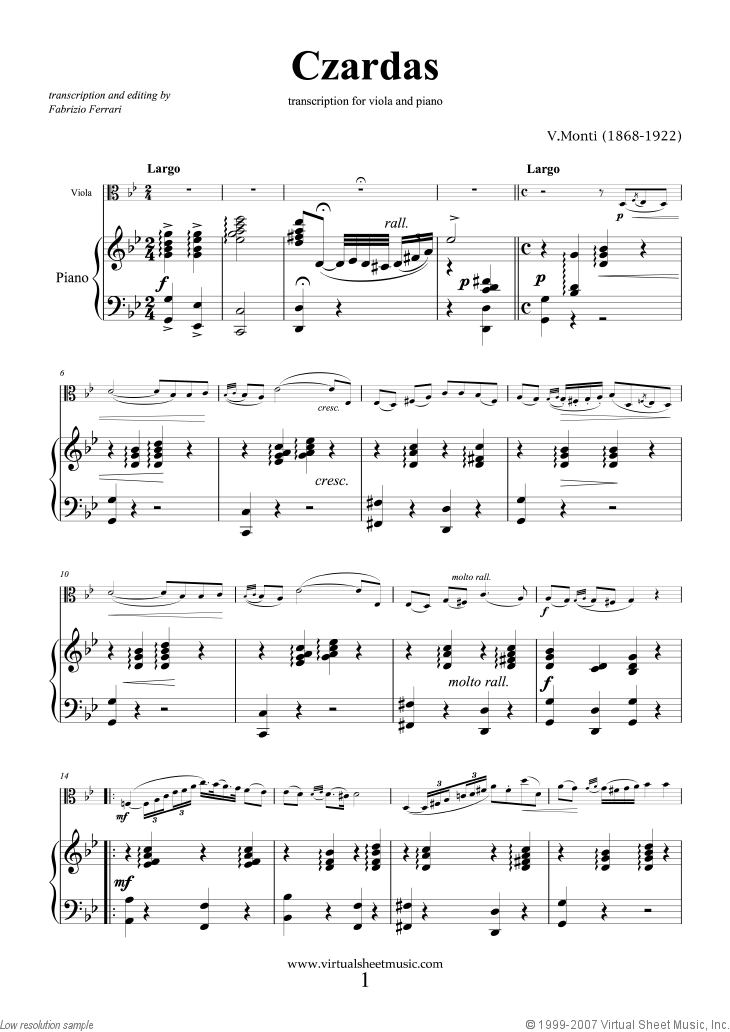

He also wrote two books of chansons which were specifically designed to be sung by young, inexperienced singers: they are for only two or three voices. He wrote (and published) several books of masses and motets which are in the typical imitative polyphonic style of the time. Susato was also an accomplished composer. The last known record of him dates from 1570. Tielman Susato first moved to Alkmaar, North Holland, and later to Sweden. In 1561 his son Jacob Susato, who died in 1564, took over his publishing business. It is possible that Susato also ran a musical instrument business, and he attempted several times to form partnerships with other publishers but none were successful.

Soon afterwards, Susato was joined by Pierre Phalèse at Leuven and Christopher Plantin, also in Antwerp, and the Low Countries became a regional center of music publishing. From 1543 until his death he worked as a music publisher, creating the first music press in the Netherlands until then printing had mainly been done in Italy, France and Germany. Not much is known about his early life, but he begins appearing in various Antwerp archives of around 1530 working as a calligrapher as well as an instrumentalist: trumpet, flute and tenor pipe are listed as instruments that he owned. While his place of birth is unknown, some scholars believe that because of his name?Susato meaning de Soest, of the town of Soest ? he may be from the town of that name in Westphalia. 1510/15 ? after 1570) was a Flemish Renaissance composer, instrumentalist and publisher of music in Antwerp.


 0 kommentar(er)
0 kommentar(er)
